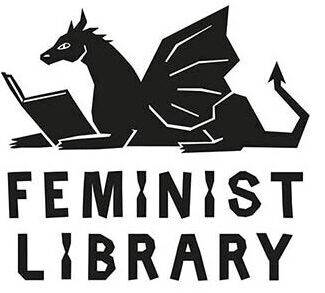Review: Making Peace with the Earth, by Vandana Shiva (Pluto Press/Fernwood Publishing, 2013)
Making Peace with the Earth, by Vandana Shiva (Pluto Press/Fernwood Publishing, 2013)
Vandana Shiva will be known by many people as an environmentalist, anti-globalisation campaigner, and a founder of eco-feminism. This book isn’t explicitly eco-feminist in content, although it’s clear that this is not a perspective she’s abandoned, with references to ‘capitalist patriarchy’ in the introduction and conclusion. Instead, it’s a survey of the impact of corporate expansion on the environment, agriculture and human beings.
The book is split into two parts:‘Wars against the Earth’, and ‘Food Crises, Food Justice, Food Peace’.
‘Wars against the Earth’ details the corporate snatching of resources such as land, water and forests. It is full of case studies, from the displacement of 2,400 families in Jaitapur to make space for nuclear power to the Indian water crisis fuelled by World Bank loans. There are also stories of resistance and community organising. There’s a danger that some campaigns around globalisation or poverty portray people in the global south as passive victims, but Shiva shows that what’s needed is solidarity rather than pity.
‘Food Crises, Food Justice, Food Peace’ starts with a set of questions: “Why is every fourth Indian hungry? Why is every third woman in India anaemic and malnourished? Why is every second child underweight, stunted and wasted? Why has the hunger and malnutrition crisis deepened, even as India has seen nine per cent growth? Why is “shiny India” a starving India?” Her answers point again to corporate control, through the ‘green revolution’, the intellectual property rights and patents on seeds resulting from genetic engineering, and the impact of ‘free trade’.
Making Peace with the Earth is well-written, urgent and impassioned, although not without its faults. Shiva’s use of the phrase ‘eco-apartheid’ is emotive but not descriptive. I’m uncomfortable with the co-option of specific historic crimes in such a way. Whatever the linguistic origins of words such as apartheid and holocaust, they now have a very clear context and meaning. The philosophical and physical rupture between humans and nature is a vital issue – it doesn’t need to be likened to racial division and domination.
The book doesn’t really explain why this ecological and human exploitation is happening. Corporations are the clear enemy, but bar a few references to the free market and commodification there is no real description or analysis of capitalism. For a more rounded picture, it would be helpful to read Making Peace with the Earth alongside authors such as Maria Mies or Silvia Federici.
It’s hard to get a real understanding of Shiva’s alternative to the devastation she describes, as it’s only briefly set out over a couple of pages. It seems to be a localised capitalism in conjunction with a spiritual shift in our relationship to the Earth, and raises more questions than it answers.
These criticisms shouldn’t put anyone off reading the book. It manages to be clear and readable yet detailed and well-researched. It is not an argument about abstract concepts. The impact of these issues on people’s lives is never far away.
Reviewed by Mark Restall
